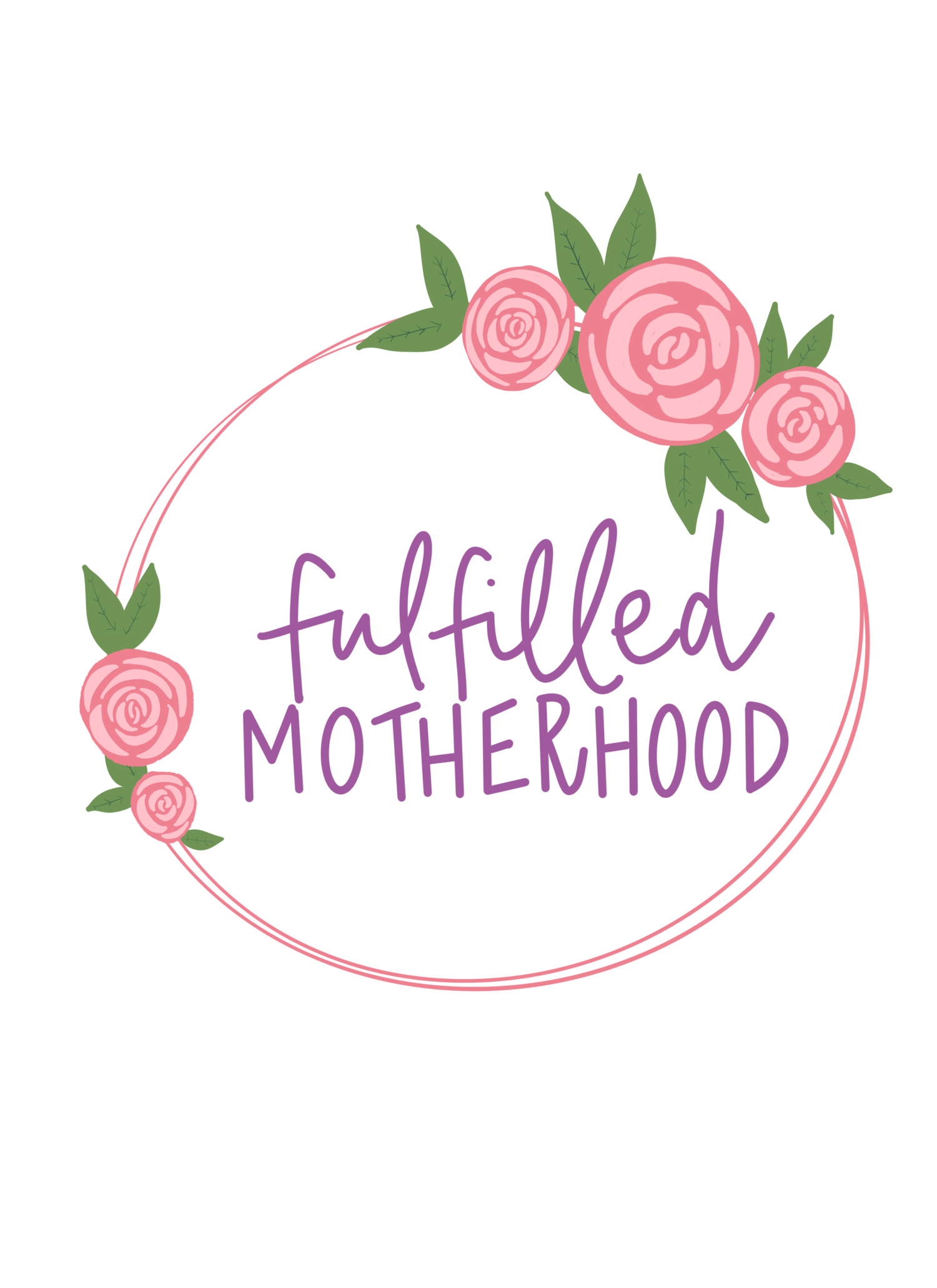Navigating Intrusive Thoughts and Postpartum Psychosis: Understanding, Differentiating, and Seeking Help
The journey into motherhood is a profound and transformative experience, bringing a range of emotions. While joy and fulfillment often dominate, it's important to recognize that challenges and concerns can also arise. In this blog post, we'll delve into the topics of intrusive thoughts and postpartum psychosis, shedding light on what they are, how they differ, and how to seek help for both. As a motherhood counselor, my aim is to provide understanding and support, enabling you to navigate these experiences with knowledge and resilience.
Intrusive Thoughts: Understanding and Addressing Them
Intrusive thoughts are unwelcome and distressing mental images, ideas, or impulses that seem to enter our minds against our will. They are surprisingly common, occurring in various contexts and among people from all walks of life. For new mothers, these thoughts can take on a particularly heightened significance due to the changes and uncertainties that come with the postpartum period.
It's crucial to understand that having an intrusive thought doesn't mean you will act on it. They are often a result of anxiety and do not define your character or intentions. Common intrusive thoughts for new mothers might revolve around the safety of the baby, fears of accidents, or even concerns about their own ability to parent effectively.
Coping with Intrusive Thoughts
1. Normalize Your Experience: Intrusive thoughts can be distressing, but remember that they are a common occurrence and do not reflect your true desires or intentions.
2. Seek Support: Share your thoughts with a trusted friend, partner, or mental health professional. Speaking about your thoughts can reduce their intensity and provide a fresh perspective.
3. Practice Mindfulness: Engaging in mindfulness techniques can help you observe your thoughts without judgment and reduce their impact on your emotions.
4. Engage in Self-Care: Prioritize self-care activities that promote relaxation, such as deep breathing, gentle exercise, or meditation.
5. Download my free guide on how to navigate intrusive thoughts in motherhood here.
Postpartum Psychosis: Recognizing the Signs and Seeking Help
Postpartum psychosis, though rare, is a severe mental health condition that requires immediate medical attention. Unlike intrusive thoughts, which are common and often manageable, postpartum psychosis involves a disruption of reality and severe symptoms that impact daily functioning. These symptoms can include:
- Hallucinations: Seeing or hearing things that aren't present.
- Delusions: Holding false beliefs that are not based in reality.
- Extreme mood swings and agitation.
- Disorganized thinking and behavior.
It's crucial to differentiate postpartum psychosis from normal postpartum mood changes or even postpartum depression. If you or someone you know is experiencing symptoms of postpartum psychosis, it's vital to seek medical help urgently.
Seeking Help for Intrusive Thoughts and Postpartum Psychosis
If intrusive thoughts become overwhelming or cause distress, seek help from a mental health professional. Therapy, particularly Cognitive Behavioral Therapy (CBT), can be highly effective in managing and coping with intrusive thoughts. To find a therapist in your area, you can consult the PSI Directory here & if you’re in the OK or CO area, you can learn more about how to work with me, here. You can also download my free guide on how to navigate intrusive thoughts here.
If you or someone you know is experiencing symptoms of postpartum psychosis, seek medical attention immediately. This is a medical emergency that requires prompt intervention. Contact a healthcare provider, mental health professional, or go to the nearest emergency room.
Final Thoughts
Understanding the difference between intrusive thoughts and postpartum psychosis is crucial for new mothers and their support networks. Intrusive thoughts, while unsettling, are a common experience and can be managed with appropriate strategies and support. On the other hand, postpartum psychosis demands immediate medical attention due to its severe nature. As a motherhood counselor, I emphasize the importance of seeking help without hesitation, whether for managing intrusive thoughts or addressing postpartum psychosis. Remember, seeking help is a sign of strength and a commitment to your well-being and that of your baby.
